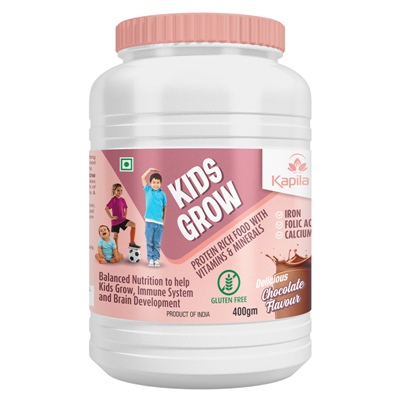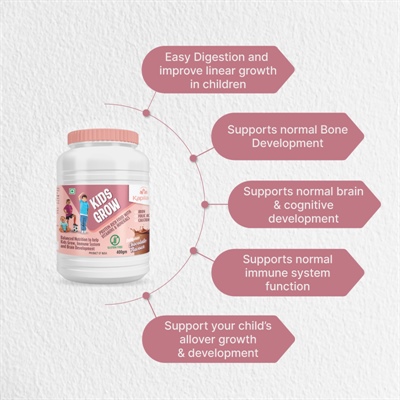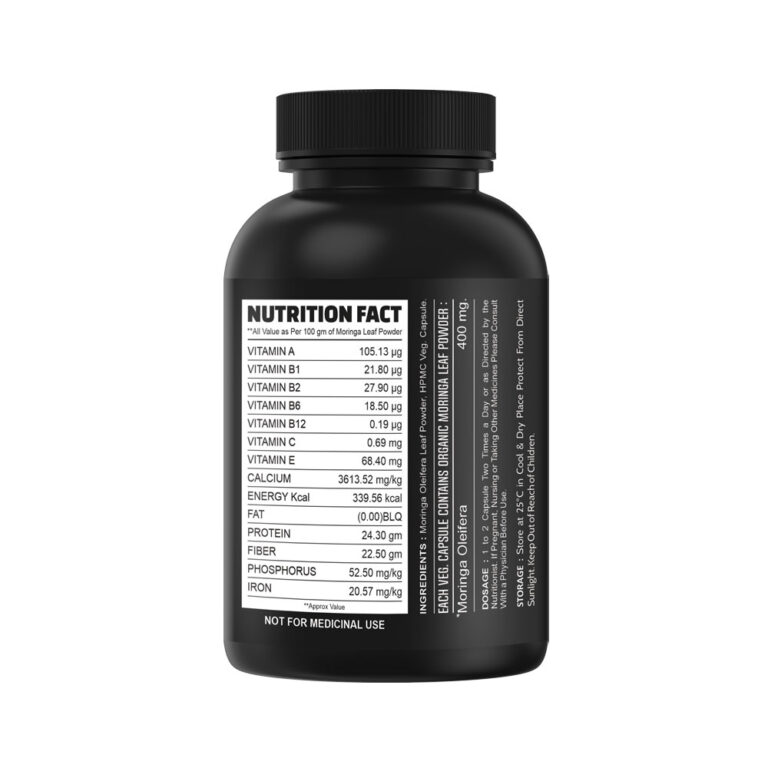Whey protein is a high-quality protein derived from milk during the cheese-making process. It is one of the two main proteins found in milk, with the other being casein. Whey protein has gained popularity as a dietary supplement among athletes, fitness enthusiasts, and people looking to increase their protein intake for various reasons.
Here are some key points about whey protein:
- Composition: Whey protein contains all nine essential amino acids, making it a complete protein. It is particularly rich in branched-chain amino acids (BCAAs), which play a crucial role in muscle protein synthesis and recovery.
- Types of Whey Protein: There are three main types of whey protein based on how it is processed:
a. Whey Protein Concentrate (WPC): This type contains a lower percentage of protein (typically 70-80%) and higher levels of fats and carbohydrates. It retains more of the beneficial nutrients found naturally in whey.
b. Whey Protein Isolate (WPI): This type undergoes additional processing to remove most of the fats and carbohydrates, resulting in a higher protein content (usually 90% or more). It is often preferred by individuals who want to minimize their calorie and carbohydrate intake.
c. Whey Protein Hydrolysate (WPH): This type is pre-digested, meaning it has undergone partial hydrolysis, breaking down the proteins into smaller peptides. This process makes it easier to digest but can make it more expensive.
- Benefits: Whey protein has several potential benefits:
a. Muscle Building and Recovery: The high-quality protein and BCAAs in whey protein can support muscle growth, repair, and recovery after exercise.
b. Weight Management: Protein can help increase satiety, which may aid in weight management by reducing hunger and promoting a feeling of fullness.
c. Immune Support: Whey protein contains immunoglobulins and lactoferrin, which can support the immune system.
d. Nutrient Source: Whey protein can be a convenient and efficient way to increase protein intake, especially for people with increased protein needs (e.g., athletes, older adults, people recovering from injuries).
- Usage: Whey protein is commonly consumed as a dietary supplement in the form of protein shakes, protein bars, or added to smoothies. It is also used in various recipes to increase protein content in foods.
- Safety: Whey protein is generally considered safe for most people when consumed in appropriate amounts. However, those with lactose intolerance or dairy allergies should be cautious and may prefer lactose-free or plant-based protein alternatives.
- Quality and Purity: When choosing a whey protein supplement, it’s essential to look for reputable brands that undergo third-party testing to ensure quality and purity.
It’s important to note that while whey protein can be beneficial for many, individual needs and preferences vary. It’s always a good idea to consult with a healthcare professional or a registered dietitian before incorporating any new dietary supplement, especially if you have specific health conditions or concerns.




















